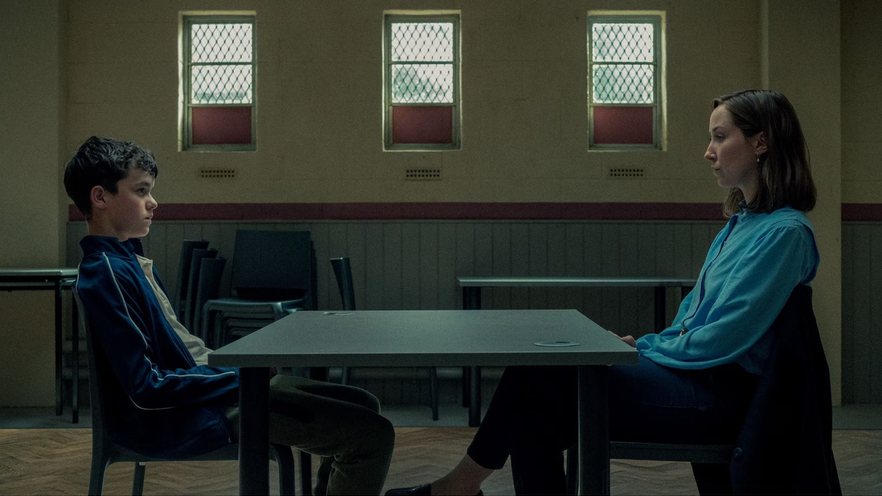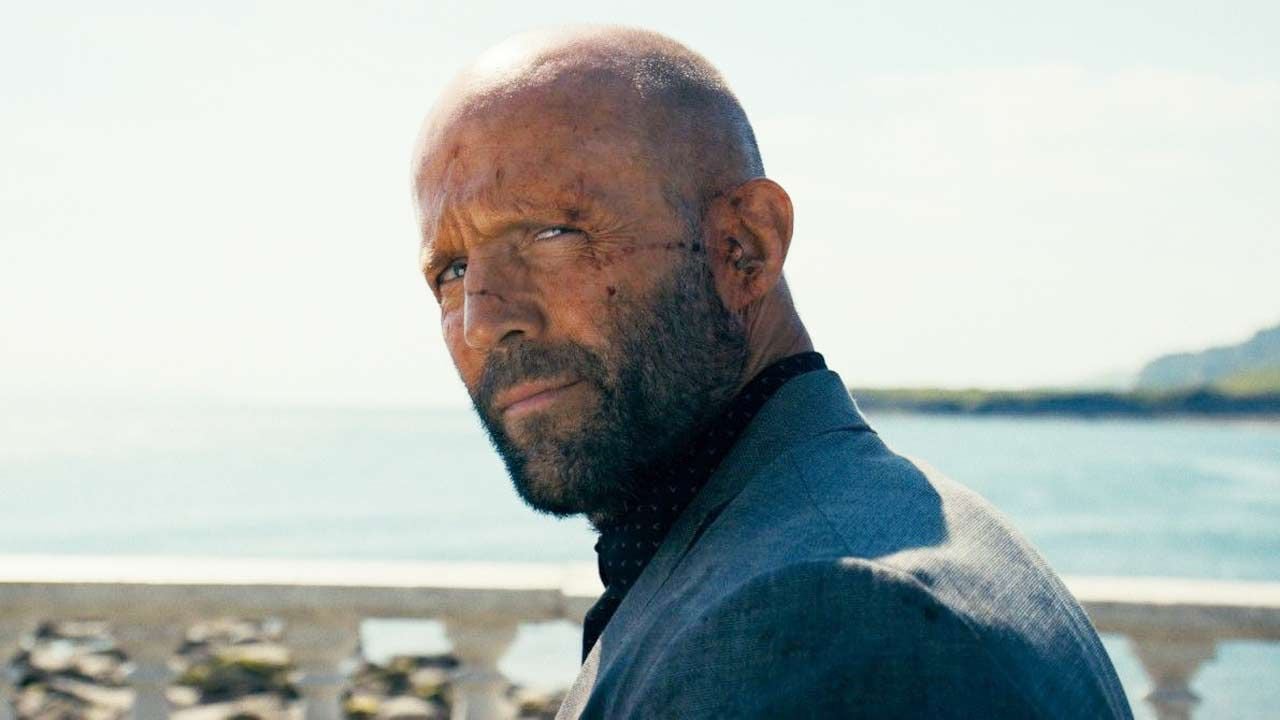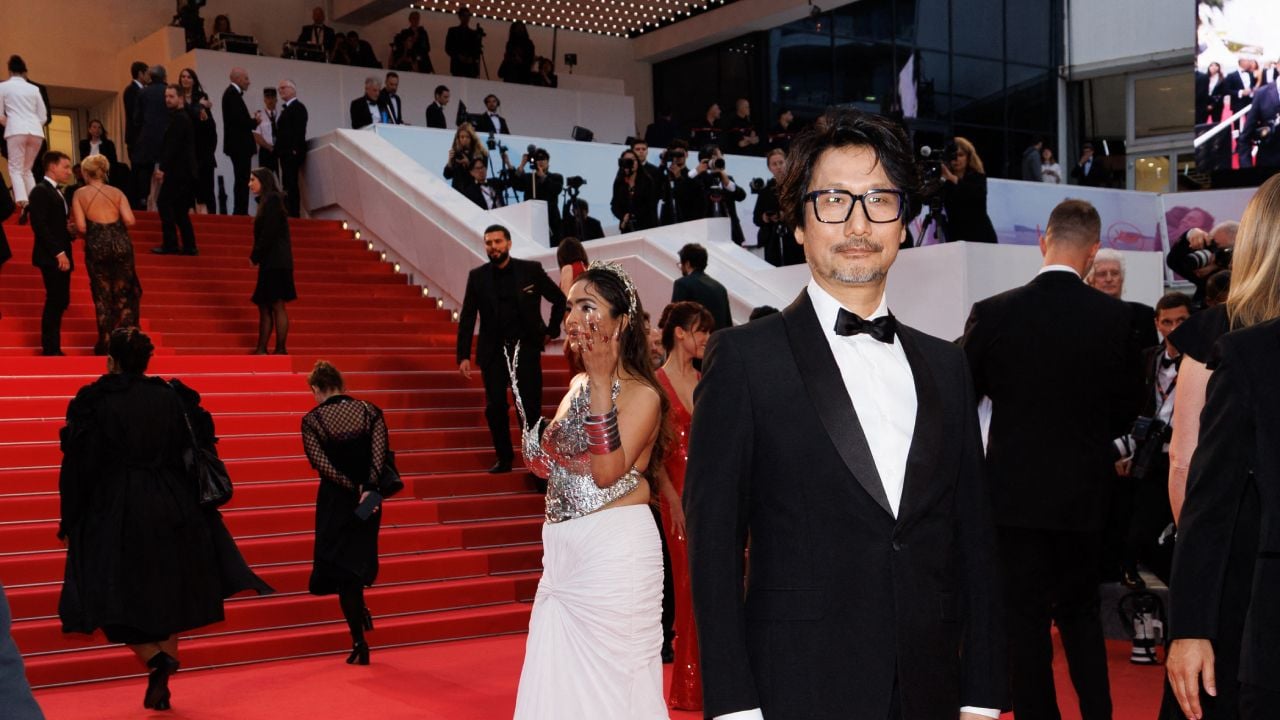British miniseries shows the trajectory of a teenager accused of murder and raises questions about guilt, influence of the internet and youth violence
ATTENTION: This text contains spoilers of the end of AdolescenceNetflix miniseries.
The miniseries Adolescencefrom the Netflixaccompanies the arrest and trial of Jamie Millera 13 -year -old boy accused of murdering his classmate Katie Leonard. With an innovative format-each episode is filmed in a sequence, without cuts-production plunges into the investigation of crime and the consequences for the protagonist’s family.
From the first episode, the plot makes it clear that Jamie is the main suspect, but throughout the series, her fault is questioned. What really happened that night? Why does he decide to change his statement at the end?
Jamie killed Katie?
Unlike many police dramas that revolve around the doubt about the accused’s fault, AdolescenceDo not hide that Jamie is the killer. At the end of the first episode, he and his father watch security cameras images that show someone wearing Jamie’s tennis stabbing Katie seven times.
In the third episode, he seems to confess the crime accidentally during a session with the children’s psychologist in charge of evaluating his mental state before the trial. However, soon after, he enters a state of denial and begins to scream:
“I didn’t say that! You’re putting words in my mouth! This is a trap!”
This moment raises doubts about his real understanding of the gravity of what he did and if he is willing to assume responsibility for the murder.
Why does Jamie change his testimony at the end?
In the final episode, Jamie makes an unexpected decision: changes your testimonial and declares to be guilty. The scene occurs when he calls his father and informs the strategy change before the trial.
The creator of the series, Jack ThorneHe explained that this choice represents a crucial moment for the character.
“Jamie now knows what he has done and what his future will be. He puts these feelings in a box and closes the lid over himself”said in an interview with Tudum.
This decision destroys any hope that his parents had to still see him free. The director Philip Barantini He compared the final scene to a shutdown of life support devices.
“Parents were waiting for a miracle, but when Jamie declares to be guilty, it is as if doctors said, ‘There is nothing more we can do'”he explained.
The end of the miniseries does not seek to acquit or condemn Jamie, but to explore the complexity of his mind and the pressures that led him to that point. The series questions to what extent bullying and the digital environment can shape a young man’s behavior.
The miniseries is now available on the platform.
Source: Rollingstone
Rose James is a Gossipify movie and series reviewer known for her in-depth analysis and unique perspective on the latest releases. With a background in film studies, she provides engaging and informative reviews, and keeps readers up to date with industry trends and emerging talents.





